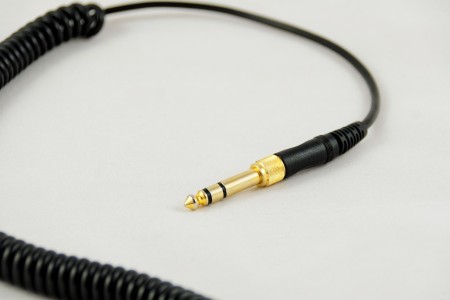Noise-cancelling earplugs have become essential for many people seeking solace from the chaos of everyday life. Whether you’re trying to concentrate in a bustling office, sleep soundly in a noisy environment, or enjoy a peaceful moment during travel, these innovative devices can significantly enhance your quality of life. With advancements in technology, noise-cancelling earplugs have evolved to provide not just sound isolation but also comfort and convenience. Understanding their functionality, benefits, and usage can empower individuals to make informed choices about their auditory health.
The basic principle behind noise-cancelling earplugs lies in their ability to reduce ambient sound through passive and active noise cancellation techniques. Passive noise cancellation occurs when earplugs physically block sound waves from entering the ear canal. This is typically achieved through materials that create a seal within the ear. On the other hand, active noise cancellation uses microphones to detect external sounds and produce sound waves that are phase-inverted, effectively cancelling out the noise before it reaches the ear. Together, these methods create a formidable barrier against unwanted sounds.
One significant advantage of noise-cancelling earplugs is their impact on sleep quality. Many individuals struggle with sleep disturbances caused by environmental noise, such as traffic or loud neighbors. By effectively blocking these disruptive sounds, noise-cancelling earplugs can help users fall asleep faster and enjoy deeper, more restorative sleep. Research has shown that improved sleep leads to better cognitive function, mood regulation, and overall health.
In addition to sleep benefits, these earplugs are invaluable for those who work in noisy environments. For example, factory workers or construction personnel often face constant loud noises that can lead to hearing loss over time. Noise-cancelling earplugs provide a protective barrier, allowing them to focus on their tasks without compromising their hearing health. Furthermore, the ability to hear alarms or important communications while wearing these earplugs is an added advantage, as many models are designed to allow certain frequencies to pass through.
Travelers also benefit significantly from noise-cancelling earplugs. Whether on a plane, train, or bus, the constant hum of engines and chatter can be quite distracting. These earplugs create a more serene travel experience, enabling passengers to relax, read, or even work undisturbed. In fact, many frequent travelers have made noise-cancelling earplugs a staple in their packing lists, recognizing their importance in creating a comfortable journey.
Another noteworthy feature of many noise-cancelling earplugs is their ergonomic design. Manufacturers understand that comfort is key, especially for prolonged use. High-quality earplugs often come with soft, moldable materials that fit snugly in the ear without causing discomfort. This is particularly beneficial for users who may wear them for extended periods, such as during long flights or overnight stays.
The versatility of noise-cancelling earplugs extends beyond personal use; they are also beneficial in various professional settings. Musicians, for example, frequently use them to protect their hearing while still allowing them to perceive the music clearly. Similarly, audio engineers and sound technicians utilize these earplugs to maintain focus in loud environments while safeguarding their auditory health. This adaptability makes noise-cancelling earplugs an essential tool across multiple professions.
While the benefits are clear, it’s important to note that not all noise-cancelling earplugs are created equal. Consumers should consider factors such as noise reduction rating (NRR), comfort, and design features when selecting the right pair for their needs. Reviews and recommendations can be valuable resources, helping users navigate the vast array of options available on the market.
As technology continues to advance, the future of noise-cancelling earplugs looks promising. Innovations may lead to even more effective sound cancellation, improved comfort, and additional features such as Bluetooth connectivity for music or phone calls. Future research could explore the long-term effects of using noise-cancelling earplugs on hearing health and overall well-being, providing deeper insights into their benefits.
In summary, noise-cancelling earplugs serve as a vital tool for enhancing auditory comfort in various aspects of life. Their ability to block disruptive sounds makes them indispensable for sleep, work, travel, and leisure. As consumers become more aware of the importance of auditory health, the demand for effective noise-cancelling solutions will likely grow. Ongoing research and development in this field will be crucial in refining these products, ensuring they meet the diverse needs of users in an increasingly noisy world.

